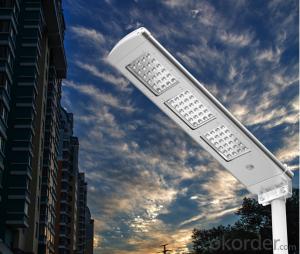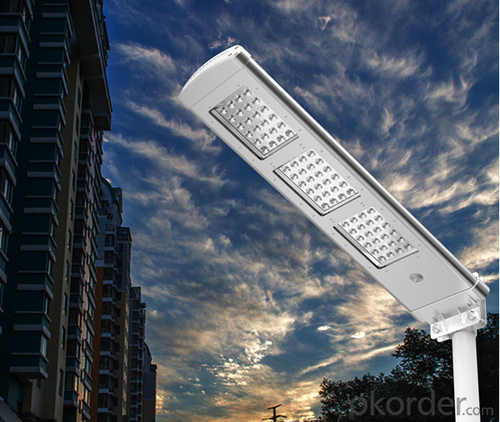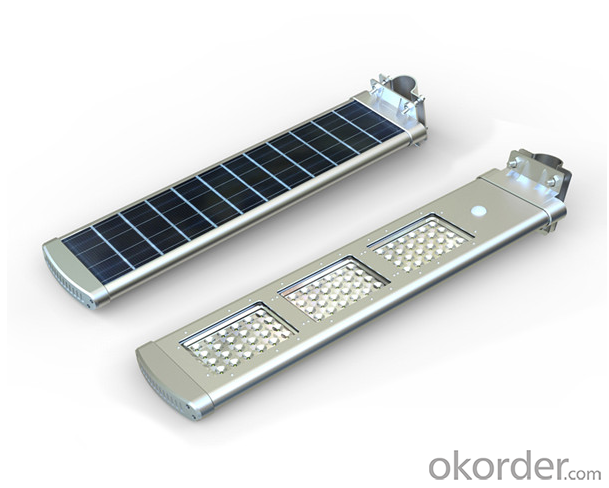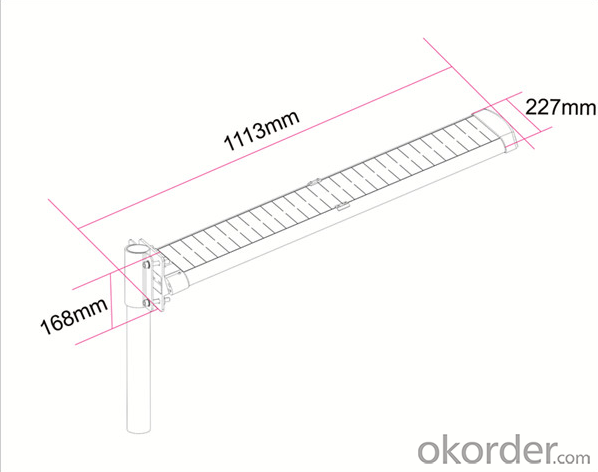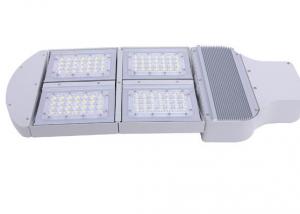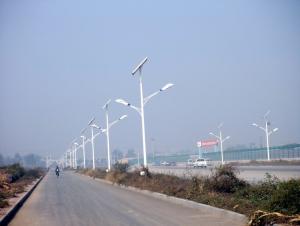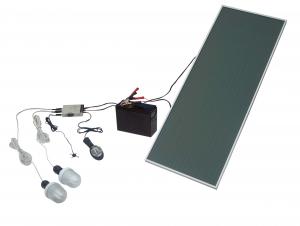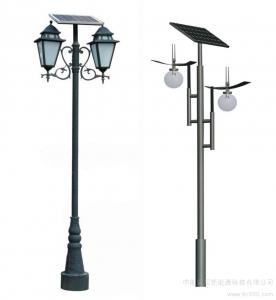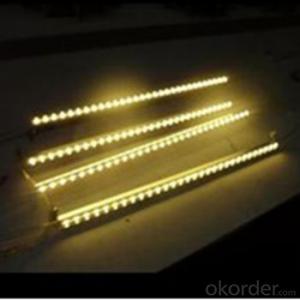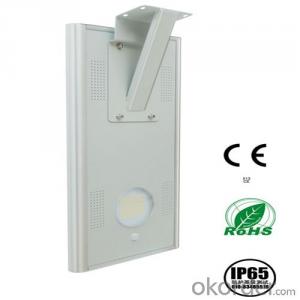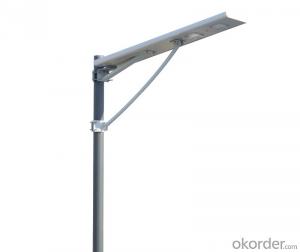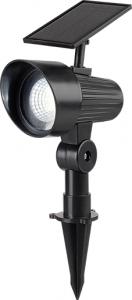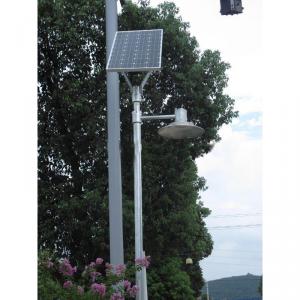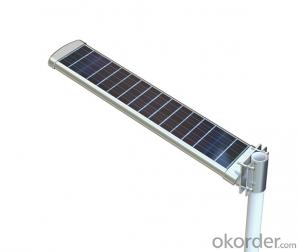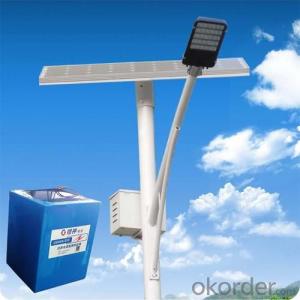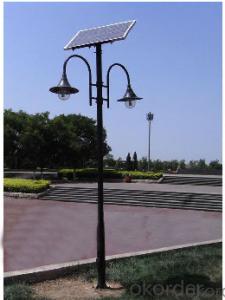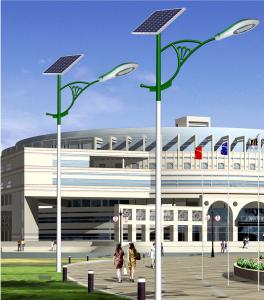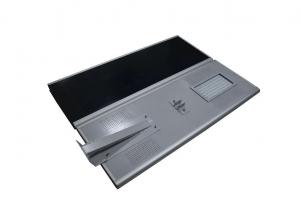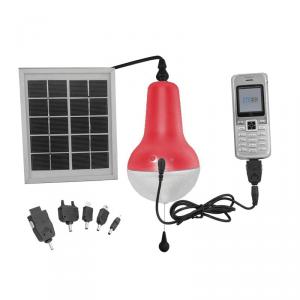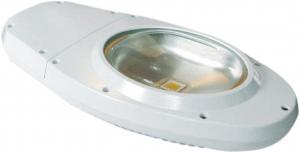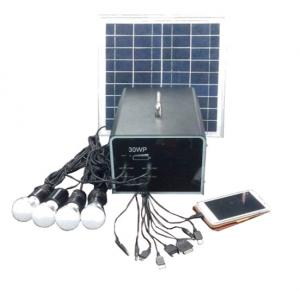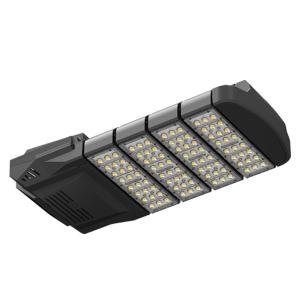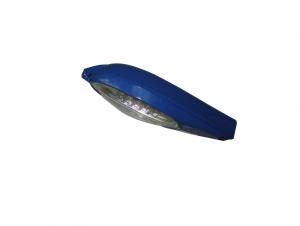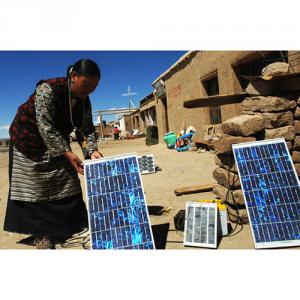20W LED Solar Street Courtyard Light with Post Cap Solar Light - Aluminum Alloy Case
- Loading Port:
- China main port
- Payment Terms:
- TT OR LC
- Min Order Qty:
- 100 set
- Supply Capability:
- 10000 set/month
OKorder Service Pledge
OKorder Financial Service
You Might Also Like
Features:
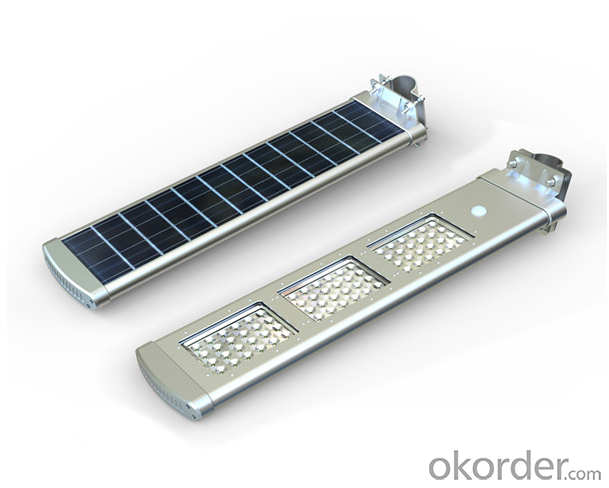
1. Elegant Integrated Design, Aluminum alloy case 2. 72pcs Superb right LEDs/3 LED panels, 2000Lumens brightness equal to 200W normal lamp 3. 22.7W solar panel and the battery can be easily replaced by users Night sensor + PIR motion sensor 4.140°wide lighting angle, 8m detecting distance 5. Support 3 nights after full charging 6. Easy to install and Auto on/off/PIR Specification Solar panel 22.7W, 17% efficiency 10 years Li-ion battery 3.7V 144.3WH 1000 cycles LED 20W, 2000 lumens 50,000Hrs, 2700~6500K Lighting mode 25% dim light + motion sensor (Bright lighting 30secs when people move through the light) material Aluminum alloy + Stoughened glass Solar charging time 9~10 hours by bright sunlight 1000W/m2 Lighting time Over 3 nights Full charged
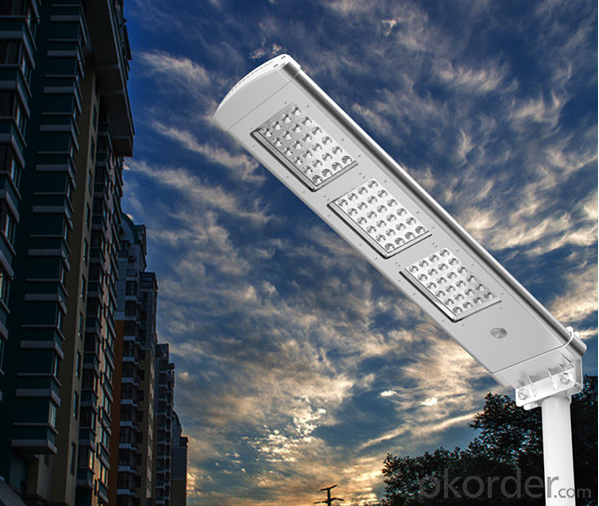
Product Application Area:
1. Wall
2. Road
3. Garden
4. Park
5. Square
6. Pathway
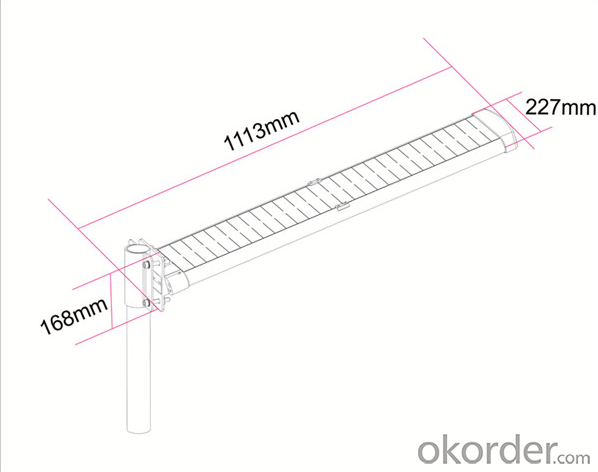
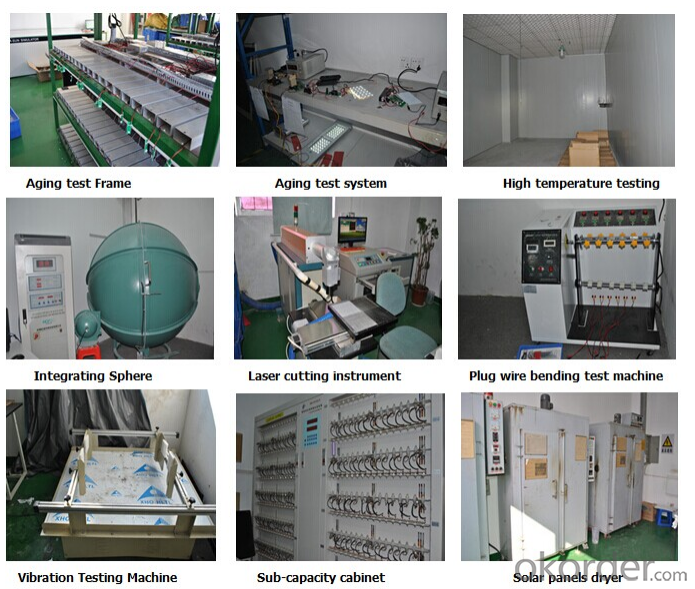
FAQ
1.How is the effect of the PIR motion sensor?
The light will be in the energy saving mode when it is dark automatically, light will be off when it is dawn. With this characteristic, the light can be used as signal light, indicator light and continuous light.
2.What to do with the continuous rainy days?
Although solar light is charged by the sun, our product can work when the battery has electric power storage. We have considered the problem and many new products increase battery capacity, which can store enough power when the sunshine inadequate in case if continuous rainy days. The battery can support about 3 nights after fully charged. You don’t need to worry about the safety for there is overcharge protection for the core circuit board.
3.What to do with the rainy day?
Solar light is an outdoor lamp with the waterproof level of IP65. You don’t need to worry about the rainy day.
- Q: Are solar lights suitable for flagpole lighting?
- Yes, solar lights are suitable for flagpole lighting. They are a cost-effective and environmentally friendly option, providing sufficient illumination for flag display at night. Additionally, they eliminate the need for electrical wiring and are easy to install and maintain.
- Q: Can solar lights be left outside during winter?
- Yes, solar lights can be left outside during winter. However, extreme cold temperatures and snow accumulation may affect their performance. It is important to ensure that the solar panels are not covered with snow or ice and that the lights are not in shaded areas to maintain optimal charging and lighting capabilities.
- Q: How do solar lights handle radio frequency interference?
- Solar lights generally do not produce radio frequency interference because they typically do not contain any electronic components that generate electromagnetic signals. Therefore, they do not cause interference with radio frequencies.
- Q: Can solar lights be used for courtyard lighting?
- Certainly, courtyard lighting can indeed utilize solar lights. In actuality, they are a well-liked and environmentally friendly option for brightening outdoor areas like courtyards. Solar lights operate using sunlight, which is transformed into electricity via photovoltaic cells. Consequently, they do not necessitate any wiring or access to electricity, making them effortless to install and use in any outdoor space. Solar lights are specifically designed to absorb sunlight during the day and store the energy in built-in rechargeable batteries. Once night falls, the stored energy is utilized to power the lights, providing a gentle and atmospheric glow to the courtyard. Solar lights are available in a variety of styles and sizes, including pathway lights, string lights, spotlights, and wall-mounted fixtures. Furthermore, they are equipped with sensors that automatically activate the lights at dusk and deactivate them at dawn, ensuring a trouble-free operation. With advancements in solar technology, these lights have become more efficient and can offer ample illumination throughout the entire night. Additionally, solar lights are cost-effective since they do not require any electricity bills and have minimal maintenance demands. All in all, solar lights are an excellent option for courtyard lighting, offering both functionality and sustainability.
- Q: Are there solar lights with adjustable solar panels?
- Solar lights with adjustable solar panels are indeed available in the market. These particular solar lights incorporate a flexible or tiltable solar panel that can be maneuvered to capture the utmost sunlight during the day. By allowing users to position the solar lights in a manner that optimizes solar energy absorption, the adjustable solar panels guarantee prolonged illumination and efficient charging. This attribute proves especially advantageous for regions with limited sunlight or individuals seeking to personalize the angle of the solar panel for enhanced energy efficiency.
- Q: Are there solar lights with adjustable motion sensor sensitivity?
- Yes, there are solar lights available on the market that come with adjustable motion sensor sensitivity. These lights are designed to provide flexibility and customization to meet the specific needs of individual users. By adjusting the motion sensor sensitivity, you can control the distance at which the light will be activated by movement, allowing you to tailor it to your desired level of security or convenience. This feature is particularly useful in areas where you want to minimize false alarms or when you want the light to detect motion from a longer distance. Adjustable motion sensor sensitivity is a valuable option that provides enhanced functionality and versatility to solar lights.
- Q: Can solar lights be used for outdoor swimming pools or spas?
- Yes, solar lights can be used for outdoor swimming pools or spas. They are a popular and energy-efficient option for illuminating and enhancing the ambiance of these areas. Solar lights are designed to withstand outdoor conditions and can be easily installed near pools or spas to provide a safe and pleasant atmosphere during evening or nighttime use.
- Q: How do I ensure optimal charging for solar lights?
- To ensure optimal charging for solar lights, it is important to place them in a location that receives maximum sunlight exposure throughout the day. Clear any obstructions that may cast shadows on the solar panels. Additionally, regularly clean the solar panels to remove dust and debris that may hinder their efficiency.
- Q: Can solar lights be used for illuminating outdoor stairways?
- Yes, solar lights can be used for illuminating outdoor stairways. They are a convenient and energy-efficient option as they harness sunlight to charge their batteries during the day, and then automatically turn on at night to provide illumination for outdoor spaces, including stairways.
- Q: How do I troubleshoot solar lights that are not working?
- There are a few steps you can take to troubleshoot solar lights that are not working. First, check if the solar panel is receiving enough sunlight by ensuring it is not partially shaded or obstructed. Next, make sure the batteries are properly installed and fully charged. If the batteries are old or worn out, they may need to be replaced. Additionally, verify if any switches or buttons are in the correct position and that there are no loose connections or damaged wiring. If all else fails, consult the user manual or contact the manufacturer for further assistance.
Send your message to us
20W LED Solar Street Courtyard Light with Post Cap Solar Light - Aluminum Alloy Case
- Loading Port:
- China main port
- Payment Terms:
- TT OR LC
- Min Order Qty:
- 100 set
- Supply Capability:
- 10000 set/month
OKorder Service Pledge
OKorder Financial Service
Similar products
Hot products
Hot Searches
Related keywords
